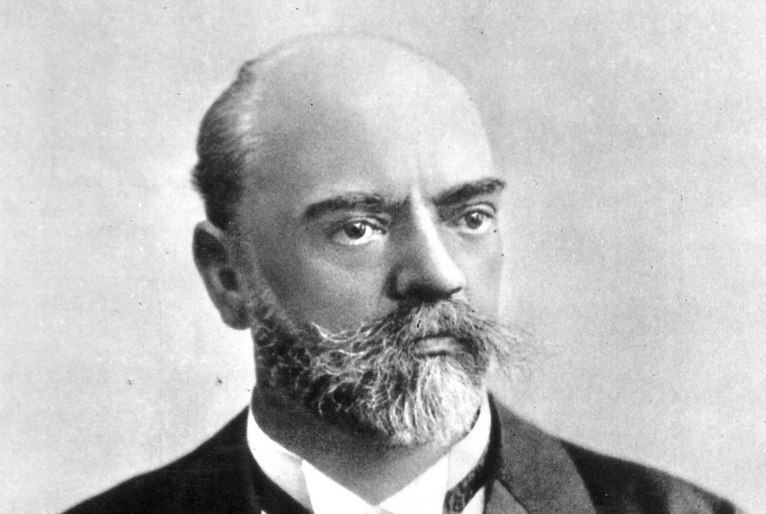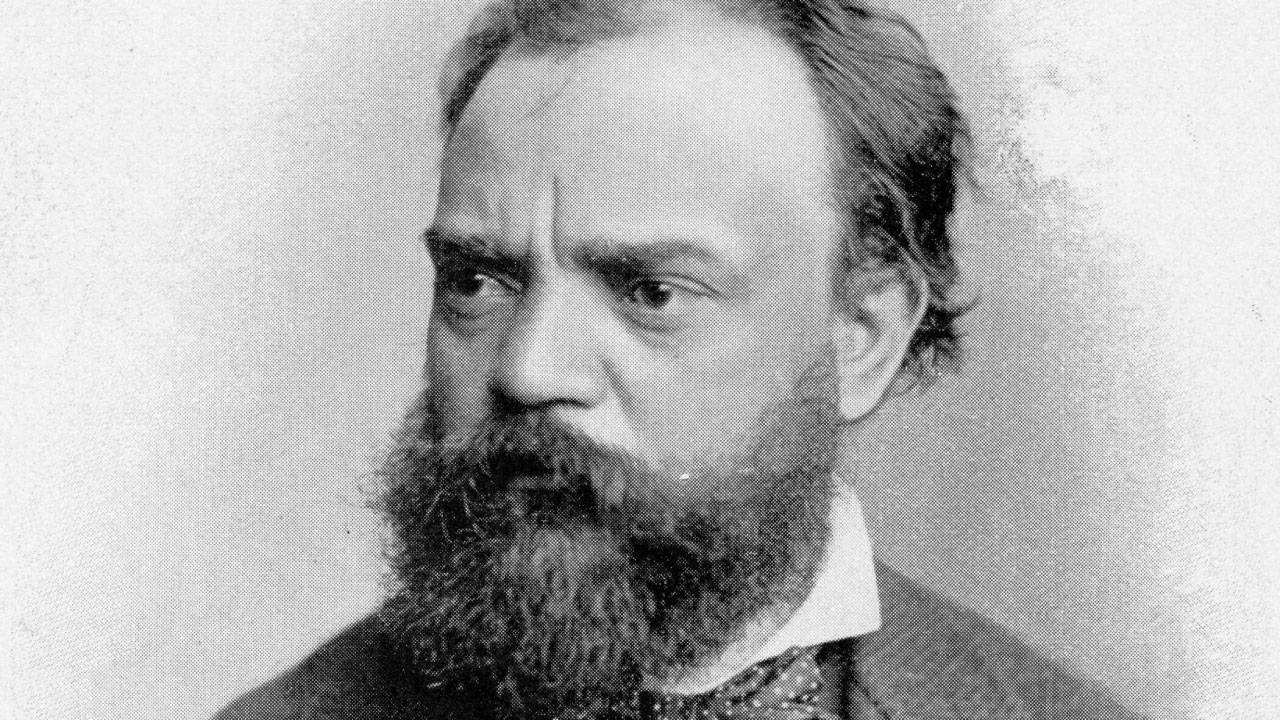
The Story Behind Dvořák’s Carnival
Antonín Dvořák (1841–1904) is celebrated as one of the most influential Czech composers of the Romantic era. Among his many masterful works, Carnival (“Karneval”), Op.[…]

The 5 Best Compositions by Dvorak
Antonín Dvořák (1841–1904) was one of the most significant composers of the Romantic era. His music beautifully blends Czech folk elements with classical structures, creating[…]

The Story Behind Dvorak’s Rusalka Op. 114
Antonín Dvořák, one of the most celebrated Czech composers, created a masterpiece of opera with Rusalka, Op. 114. Composed in 1900, the work stands as[…]

The Story Behind Dvořák’s Mass in D Major
Antonín Dvořák, one of the most celebrated composers of the Romantic era, is known for his remarkable contributions to symphonic music, chamber works, and choral[…]

Top 10 Dvořák Songs
Antonín Dvořák, a towering figure in Romantic music, composed works that are celebrated for their melodic beauty and inventive orchestration. His compositions span symphonies, chamber[…]

Antonín Dvořák – Biography and History
Antonín Dvořák, one of the most celebrated composers of the Romantic era, was born on September 8, 1841, in Nelahozeves, a village near Prague, which[…]

The Harmonic Brilliance of Antonín Dvořák: Unveiling His Top 10 Songs
Antonín Dvořák, the renowned Czech composer, is celebrated for his captivating melodies, evocative harmonies, and profound musical expressions. His works span a wide range of[…]